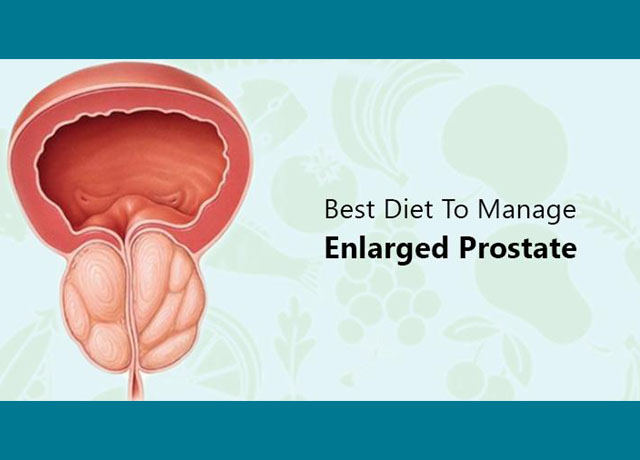A small, walnut-shaped gland behind the bladder in men is known as the prostate gland. The prostate gland helps in producing semen during sexual activity. Semen is the nutrient-rich fluid that carries the sperm during ejaculation. The prostate gland can become enlarged as some men get older. Benign Prostatic Hyperplasia (BPH) is the name of this condition.
Sex hormones including testosterone control the prostate gland. Testosterone is converted to another hormone called dihydrotestosterone (DHT) in the prostate gland. The cells in the prostate enlarge if there are high levels of DHT. It is found that prostate health is affected by certain foods and beverages because of their effects on testosterone and other hormones.
Foods you should eat
According to a urologist, you should eat the following foods:
-
Salmon:
There are healthy fats containing omega-3 fatty acids, which help prevent and reduce inflammation within the body. These types of fats are also found in abundance in other cold-water fish such as sardines and trout.
-
Tomatoes:
Lycopene, an antioxidant that may benefit prostate gland cells, is packed in tomatoes. In tomato sauce or soup, where the tomatoes are cooked, lycopene is released and is made more readily available to the body.
-
Berries:
Antioxidants that help to remove free radicals from the body are available in plenty in strawberries, blueberries, raspberries and blackberries. The byproducts of the reactions that occur within the body are called free radicals that can cause damage and disease over time.
-
Broccoli:
There is a chemical called sulforaphane in broccoli and other cruciferous vegetables including bok choy, cauliflower, Brussels sprouts and cabbage. It is supposed that this targets cancer cells and promotes a healthy prostate.
-
Nuts:
There is plenty of zinc, a trace mineral, in nuts. In the prostate, zinc is found in high concentrations and is thought to help balance testosterone and DHT. In shellfish and legumes also, zinc is found in abundance.
-
Citrus:
There is plenty of vitamin C, which protects the prostate gland, in oranges, lemons, limes and grapefruits.
-
Onions and garlic:
It is found that in comparison with men without BPH, there is a tendency of the men with BPH to eat less garlic and onions. If you add onions and garlic to most diets, it is good for your health.
Foods you should avoid
You should avoid the following foods according to a prostate specialist:
-
Red meat:
Your prostate health may improve if you go for a red meat-free diet. The risk of prostate enlargement is three times more if there is daily meat consumption.
-
Dairy products:
An increased risk of BPH is also linked with the regular consumption of dairy products. Your BPH symptoms may reduce if you avoid having butter, cheese and milk.
-
Caffeine:
The frequency and the urgency of a person to urinate can be increased by caffeine because it acts as a diuretic. Your urinary symptoms of BPH can improve by cutting back on coffee, tea, soda and chocolate.
-
Alcohol:
Urine production can be stimulated by alcohol. By giving up alcohol, men with BPH may find that their symptoms are improved.
-
Sodium:
The urinary tract symptoms associated with BPH may increase due to high salt intake. It may prove helpful for some men if they follow a low-sodium diet by avoiding salt in meals.





